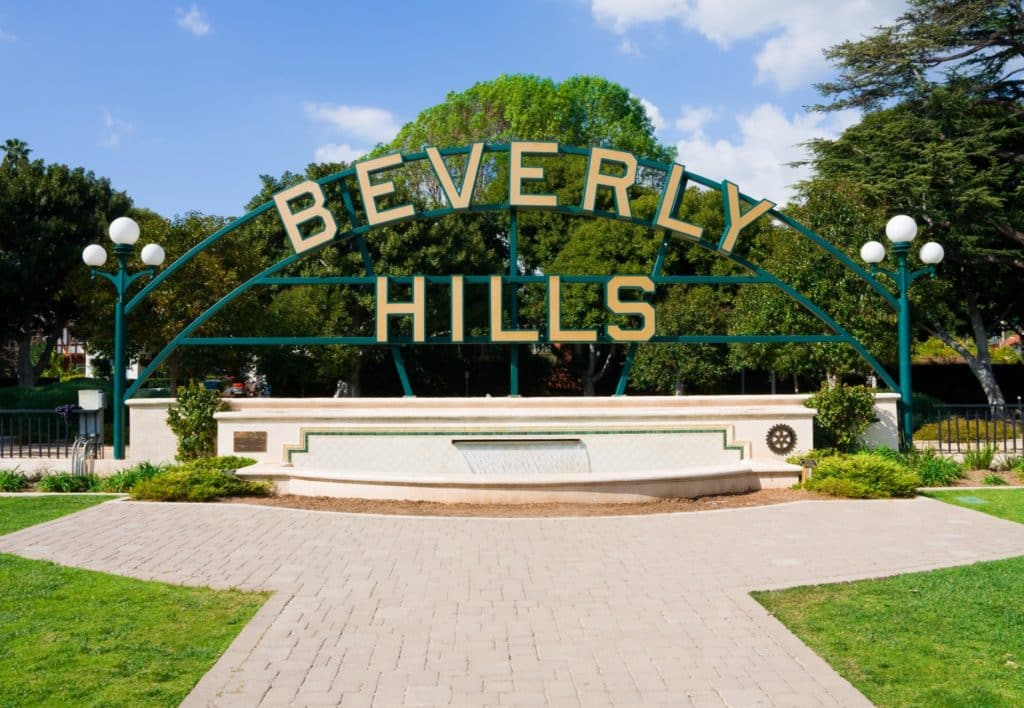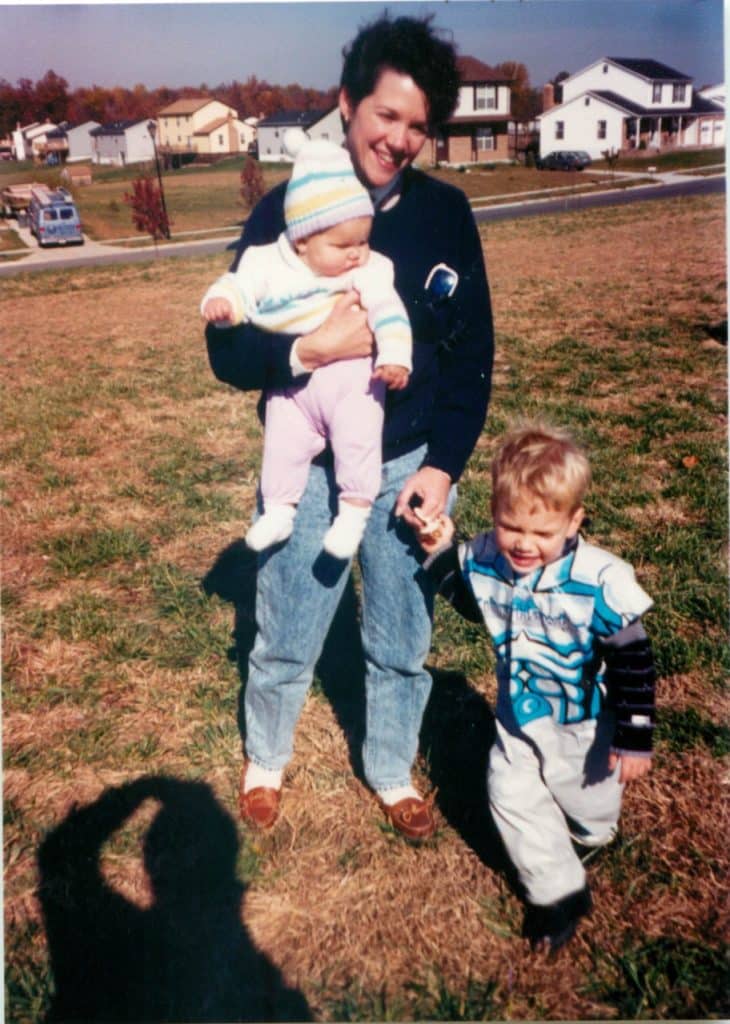Will My Children Fight Over My Estate?
My mom wants to leave her house to me, since I’m the only girl. My brothers may try and contest this in probate court. What can my mom do to be sure I receive ownership of the house upon her death?
Call us Anytime
Laurel, MD 20707
Downs Law Firm, P.C.
My mom wants to leave her house to me, since I’m the only girl. My brothers may try and contest this in probate court. What can my mom do to be sure I receive ownership of the house upon her death?

Funeral pre-planning and pre-arranging is becoming more popular. Unfortunately, not everyone is able, or willing, to talk about their own mortality.
I’m planning a major trip in 2020: It’s the year I turn 50, and I’m going to visit 50 places I’ve never been before. Among the fun itinerary research, I’m also taking care of more serious things, such as drafting a will and buying life insurance.

I want to name a new executor. Who could I name as a backup?

These documents could save money but can lay estate planning traps.

While everyone from brand new parents to great grandparents can benefit from the advice of a competent estate planning lawyer, frequently the individuals making sure that their affairs are in order, are those in their golden years. They have a common concern: what about their grandbabies?

Fortunately, Perry’s foresight to do proper estate planning, meant that the tragedy was not made worse for his family.

While there are differing reasons for this, ranging from drug use or inability to care for the child, various legal issues arise when grandparents are the primary caretakers.

What would happen with your kids, should something happen to you? It’s a question that most parents don’t like to think about.

Preparing a will is one of the most important steps a parent can take to protect their family.